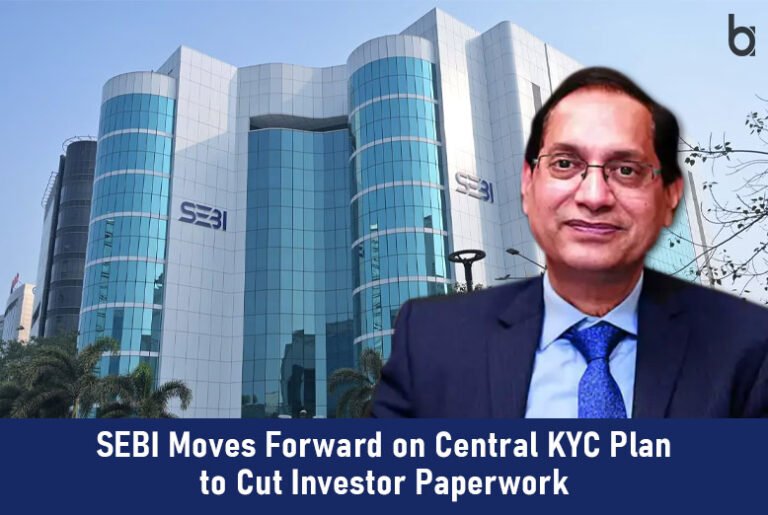Business APAC
May 5, 2025
Good news could be on the horizon for Indian investors tired of repetitive paperwork. India’s market regulator, the Securities and Exchange Board of India (SEBI), is actively pursuing plans for a Centralised KYC system. This was confirmed by SEBI Chairman, Tuhin Kanta Pandey.
The Problem Today:
Currently, the process of investing often involves a frustrating loop. An investor might submit identity and address documents to their stockbroker, then again to a mutual fund company, and potentially repeat the process elsewhere. This duplication wastes time and slows down financial transactions.
SEBI’s Proposed Solution:
SEBI’s proposed Centralised KYC system involves a single, secure digital hub holding an investor’s verified KYC information. An individual would only need to complete this verification once. Afterwards, authorized financial firms needing this information could access the verified data (only with the investor’s clear permission, naturally). Chairman Pandey stated the aim is for a system that proves “very, very effective.”
What This Means for Everyone:
- Investors: The biggest win should be fewer hassles. This change aims to speed up account openings and end the constant requests for the same documents.
- Financial Firms: They stand to benefit from lower operating costs, faster internal processes, and simpler ways to meet compliance requirements.
- The Market: The overall goal for the Centralised KYC system includes tighter security across the financial system, better regulatory oversight, and ensuring strong compliance with anti-money laundering regulations (PMLA, 2002).
Making it Happen: A Team Effort:
This is a significant project requiring coordination. SEBI is collaborating closely with the Ministry of Finance, which is leading the committee overseeing this initiative. Other key regulators like the Reserve Bank of India (RBI) and the Insurance Regulatory and Development Authority of India (IRDAI) are also involved, ensuring the Centralised KYC system works across different financial sectors.
Building on What Exists:
This new Centralised KYC system isn’t intended to reinvent the wheel entirely. It plans to build upon and better connect the existing network of KYC Registration Agencies (KRAs). These KRAs already handle KYC records for the securities market; the plan is to make this network truly seamless and interoperable.
Looking Ahead:
While a firm launch date hasn’t been announced for the Centralised KYC system, there are positive signals. The Finance Minister indicated a revamped central KYC registry could be rolled out in 2025 during the budget speech. Chairman Pandey also expressed optimism, suggesting it could be ready “quite early.”
Everyone involved in the financial market is watching for the final details on how this Centralised KYC system will be implemented. However, the direction is clear: simplifying the investment process for Indians is a major priority.
Also Read: GST Collections Hit Record High: A Sign of Economic Boom or Pre-Election Spending?



